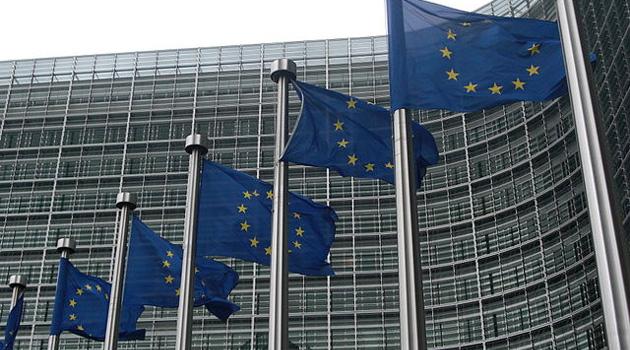European Commission calls for public recommendations about its Framework for National Roma Inclusion Strategies by 16 March

The European Commission, based on its role as a coordinator and manager of policy, provides guidance to the Member States in designing their National Roma Inclusion Strategies. As the Commission is currently preparing new guidance for the post-2020 period, it has launched a call for recommendations on how to improve it.
The aim of this new guidance is to formulate both a common Framework Strategy and nationally-differentiated ones obliging the Member States to take into account the specific challenges in their countries in terms of equality, political participation and social inclusion when formulating their Roma strategies. The common framework for Roma inclusion will define the following objectives: tackling antigypsyism and preventing discrimination against Roma; promoting the cultural, political and social capital of Roma; ensuring Roma access to quality education; ensuring the effective integration of Roma into the economic fabric; improving Roma health and access to care; providing Roma with access to housing and basic services; and reducing poverty.
One aspect of this common framework will also be the conditions for and guidance on how the Member States should design their national strategies with regard to the diversity of the Roma population (i.e., with regard to the specific needs of children, women, and young people in particular). The call is open from 17 February to 16 March 2020 and the recommendations can be sent in any EU language via the web interface (see the link at the end of the article).
All citizens and all interested organizations can take part in this initiative. The public suggestions will be evaluated and then summarized, along with an explanation as to which proposals will be incorporated and how, and which the Commission cannot embrace and why.
The evaluation of the public feedback will be published as a report on the website of the call. Your recommendations can focus on the following areas:
- Priorities of Roma inclusion with regard to the specific problems faced by Roma in your country
- Topics missing from the current strategy
- Specific topics related to your expertise (health issues, LGBTQ issues, youth issues)
- Antigypsyism as the main cause of the social exclusion of Roma and related groups
- Inclusion of Roma as equal partners in the design, implementation and monitoring of the strategy and its concrete measures
- The importance of dual funding, i.e., not just from EU sources, but also from national ones
In addition, you can consult a series of monitoring reports evaluating the implementation of the previous National Roma Integration Strategies in all Member States but Malta. The series of three reports on different sets of subjects has been underway since 2017 by coalitions of Romani civil society organizations working as part of the Roma Civil Monitor project at the Center for Policy Studies of Central European University – the reports are published here.
Your involvement in these transnational initiatives is one of the tools to prevent the centralization of public power in your state and to exercise your civil right to political participation. The success of any national strategy depends on the cooperation of central authorities with local actors.
The involvement of local authorities is crucial, as is the experience and know-how of experts and ordinary citizens who are involved in the issue of Roma inclusion at the local level. Click here to be redirected to website where you can upload your recommendations.